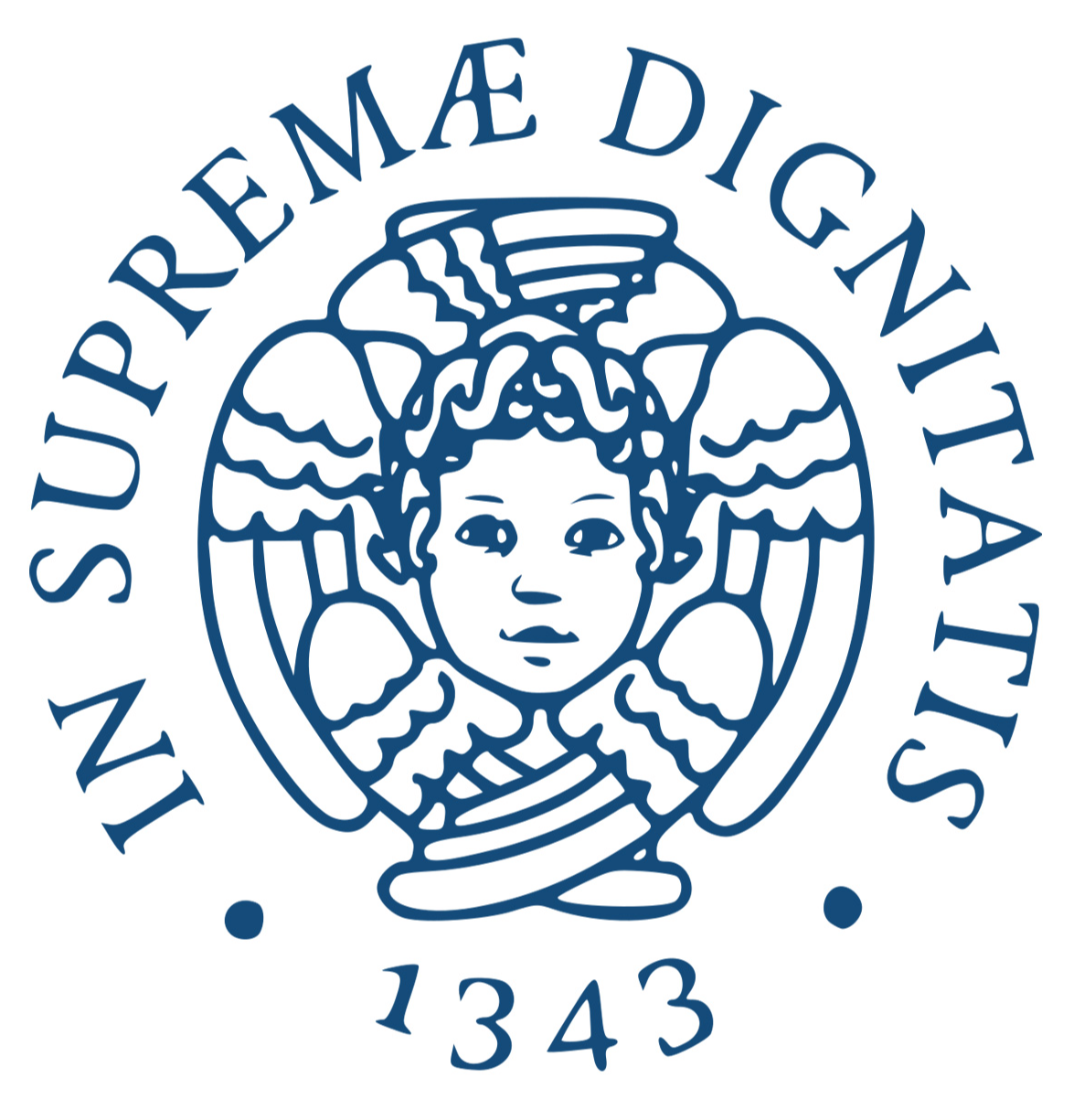
 verified_user
verified_user
Università di Pisa
Lungarno Antonio Pacinotti, 43, 56126
Province of Pisa - Italy
The University of Pisa, dating back to 1343, stands as one of the oldest educational institutions globally, with roots that some experts trace back to the 11th century. This venerable establishment has a rich history intertwined with the city of Pisa itself. From its early days as a "Studium" with scholars like Ranieri Arsendi teaching public lessons, to the pivotal papal seal "In supremae dignitatis" granted in 1343 by Pope Clement VI, which recognized it as a "Studium Generale" with universal privileges, the University of Pisa's journey has been remarkable.
Throughout history, Pisa and its "Studium" faced both prosperity and challenges. The Renaissance period saw the city's rise under the patronage of Lorenzo dei Medici, who facilitated systematic development. In 1486, the iconic "Palazzo della Sapienza" was constructed, becoming a symbol of knowledge and home to the university. This era also introduced Galileo Galilei, who later became a professor of Mathematics and made pioneering contributions to modern science.
The University's story is a tapestry woven through different ruling dynasties. The Lorenas era witnessed the establishment of an astronomical observatory, botanical gardens, and chairs in experimental physics and chemistry. Napoleon's influence led to the transformation of the Studium into an Imperial Academy, later restored to Pisa's control with the birth of the Kingdom of Italy.
Throughout its journey, the University of Pisa consistently evolved, adapting to changing times and needs. It weathered the storm of World War II and emerged as a significant educational hub, offering a diverse range of faculties and courses. Today, it boasts 20 departments, with over 54,000 students and a distinguished faculty of around 1,500 members. The university's reputation extends far beyond its historical walls, as it ranks high in international standings and maintains collaborations with prestigious institutions.
Beyond its historical significance, the University of Pisa is a modern institution offering a wide array of programs, degrees, and essential services to its diverse student body. With 20 departments and a commitment to research, innovation, and quality education, the university provides a dynamic learning environment.
The University of Pisa's educational offerings are extensive, covering a spectrum of disciplines. It offers approximately 150 first and second-level degree programs, single-cycle degree programs, more than 20 doctoral courses, 50 schools of specialization, and over 60 postgraduate courses. This comprehensive range ensures that students can find a program that aligns with their interests and career goals.
The university places a strong emphasis on research and innovation, actively participating in international research and education networks. Collaborations with esteemed institutions contribute to the integration of cutting-edge findings into its programs. Whether in the natural sciences, humanities, social sciences, medicine, engineering, or applied sciences, the University of Pisa maintains an excellent international reputation.
To facilitate a conducive learning environment, the University of Pisa provides a range of student services. The Centro Linguistico Interdipartimentale (Interdepartmental Language Center) offers intensive Italian language courses for international students. These courses not only aid in language proficiency but also ease the integration of foreign students into the academic community.
The Tuscan Region's DSU (Regional Office for the Right to Higher Education) is a vital resource for students. It offers scholarships and accommodation in university dormitories, with a focus on supporting low-income students. The DSU also ensures that all students have access to affordable dining options through university dining halls. Moreover, the DSU provides information and guidance services, enhancing students' overall experience.
Sports and recreational facilities are essential for students' well-being, and the Centro Universitario Sportivo (University Sports Center) fulfills this role. Affiliated with the Italian Olympic Committee, the CUS offers a wide range of sports facilities and services, enabling students to engage in various athletic activities and even participate in national and international university championships.
Riccardo Zucchi, rector of the University of Pisa, was born on December 31, 1957, in Castelnuovo di Garfagnana (Lucca). His educational journey led him to the Scuola Superiore Sant’Anna, where he earned his medical degree from the University of Pisa in 1982. Progressing further, he obtained a PhD from the Scuola Sant’Anna in 1985, specializing in Cardiology. In 1984, he enriched his knowledge as an International Research Fellow at London's Rayne Institute of St. Thomas Hospital. ... Read More...
Mailing address of University of Pisa is Lungarno Antonio Pacinotti, 43, 56126, Province of Pisa - Italy.
The website of University of Pisa is http://www.unipi.it/
The phone number of University of Pisa is +39 050 221 2111
The email address of University of Pisa is usid@unipi.it
The abbreviated name of University of Pisa is UNIPI
University of Pisa is a Public university
The current number of active students at University of Pisa is 49.618
The establishment year of University of Pisa is 1343
The Facebook address of University of Pisa is https://www.facebook.com/unipisaofficial/
The Instagram address of University of Pisa is https://www.instagram.com/unipisa/
The Linkedin address of University of Pisa is https://www.linkedin.com/school/unipisa/
The Twitter address of University of Pisa is https://twitter.com/Unipisa
The Youtube address of University of Pisa is https://www.youtube.com/@VideoUNIPI
Copyright © 2023 Student Street [Sokak Proje]